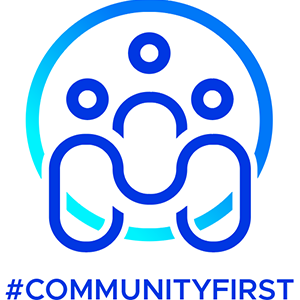Maintaining Childhood Immunizations During COVID-19 Pandemic
The COVID-19 pandemic is changing rapidly and continues to affect communities across the United States differently. Some of the strategies used to slow the spread of disease in communities include postponing or cancelling non-urgent elective procedures and using telemedicine instead of face-to-face encounters for routine medical visits.
Ensuring the delivery of newborn and well-child care, including childhood immunization, requires different strategies. Healthcare providers in communities affected by COVID-19 are using strategies to separate well visits from sick visitsexternal icon. Examples include:
Scheduling well visits in the morning and sick visits in the afternoon
Separating patients spatially, such as by placing patients with sick visits in different areas of the clinic or another location from patients with well visits.
Collaborating with providers in the community to identify separate locations for holding well visits for children.


Because of personal, practice, or community circumstances related to COVID-19, some providers may not be able to provide well child visits, including provision of immunizations, for all patients in their practice. If a practice can provide only limited well child visits, healthcare providers are encouraged to prioritize newborn care and vaccination of infants and young children (through 24 months of age) when possible. CDC is monitoring the situation and will continue to provide guidance.







